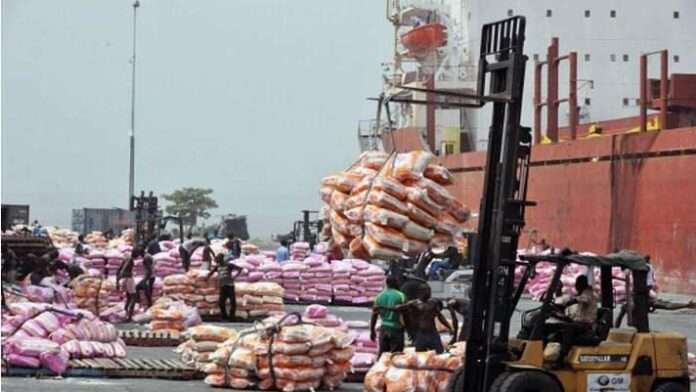

The Federal Government has revealed that Nigeria spends over $10 billion annually on food imports, including wheat, rice, sugar, fish, and even tomato paste.
Minister of Agriculture and Food Security, Senator Abubakar Kyari, disclosed this at the 2025 Agric and Export Expo organised by First Bank of Nigeria in Lagos. Represented by his Special Adviser, Ibrahim Alkali, the minister described the growing reliance on food imports as unsustainable and stressed the need for stronger financing in the agricultural sector to boost local production and exports.
According to him, agriculture already contributes 35 percent to Nigeria’s Gross Domestic Product and employs about 35 percent of the workforce. With 85 million hectares of arable land and a predominantly young population, Kyari said the country has the capacity to reduce imports and build a robust non-oil export economy.
“Nigeria accounts for less than 0.5 percent of global exports and earns under $400 million from agro-exports,” he said. “To achieve food sovereignty and reduce dependency on imports, we must rethink how agriculture is financed and strengthen value addition across the supply chain.”
Kyari emphasized that President Bola Tinubu’s administration is committed to food sovereignty, ensuring Nigeria can feed itself without excessive dependence on external markets. He described boosting domestic production and strengthening agro-exports as interconnected priorities, requiring investment in infrastructure, structured financing systems, and youth participation.
He further called for innovative mechanisms such as forward contracts, revenue-sharing models, and performance-based agricultural financing to accelerate progress. “These are not abstract theories—they are strategies working in real economies. Nigeria can and must do better,” he added.










